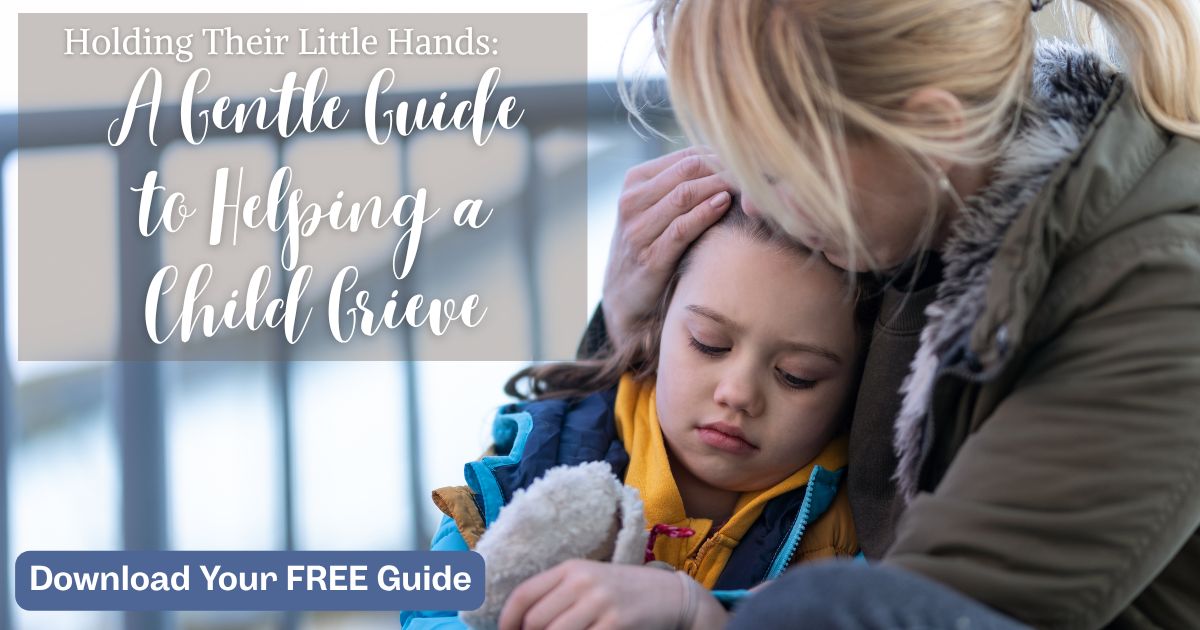
There is perhaps no sight more heart-wrenching than a child grappling with loss. Their world, which should be filled with play and wonder, is suddenly touched by a sadness they cannot fully understand. As adults, our instinct is to protect them, to shield them from pain. But in doing so, we can sometimes leave them feeling more isolated and confused.
The truth is, children grieve deeply. They just do it differently. They need honesty wrapped in simplicity, patience amidst the chaos, and reassurance that their big, confusing feelings are not only normal but welcome. Helping a child through grief isn’t about having all the answers; it’s about creating a safe space for them to ask the questions and feel their feelings, however they may come.
Here are ways to lovingly support a child navigating the difficult path of loss:
- Use Simple, Honest Language: Avoid euphemisms like "passed away” or "gone to sleep,” which can be confusing or frightening for a young mind. Use clear, gentle words like "died” and explain that it means the body stopped working and they can’t come back. Answer their questions honestly, even if the answer is "I don’t know.”
- Validate Every Feeling: A child’s grief might look like sadness, anger, confusion, or even seemingly unrelated bursts of energy and play. Let them know that all feelings are okay. You can say, "It’s okay to be sad,” or "I sometimes feel angry about this too.” This validation tells them they are not wrong for how they feel.
- Create Tangible Ways to Remember: Children are concrete thinkers. Help them channel their love and grief into action. Create a memory box together where they can keep treasured photos or a item that belonged to the loved one. Draw pictures for them, tell stories about them, or listen to their favorite song. These acts make memory-keeping active and comforting.
- Be a Steady Anchor: A child’s world feels unstable after a loss. Maintain routines as much as possible—bedtimes, meals, school—as these provide crucial comfort and predictability. Your steady presence is their greatest source of security.
Remember, you don’t have to guide them through this alone. It’s okay to be grieving yourself while you support them. By being open, patient, and present, you are not taking away their pain, but you are showing them that they do not have to bear it alone. You are teaching them one of life’s most profound lessons: that love and grief are intertwined, and that it’s okay to hold both at the same time.
For more age-appropriate language, activity ideas, and strategies to support your child, download our free guide, "Helping a Child Through Loss & Remembrance.” It’s a compassionate resource to help you be the steady anchor your child needs.






